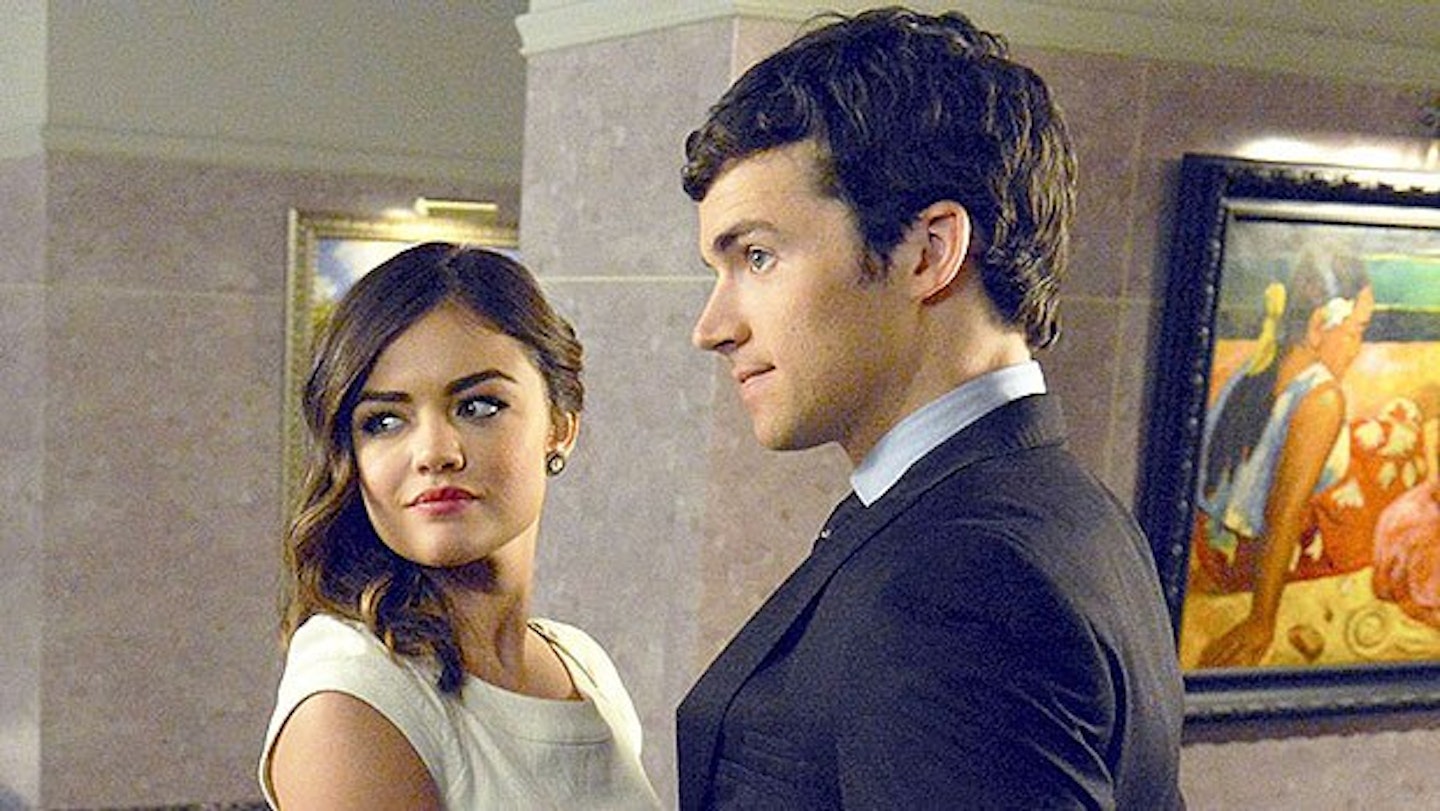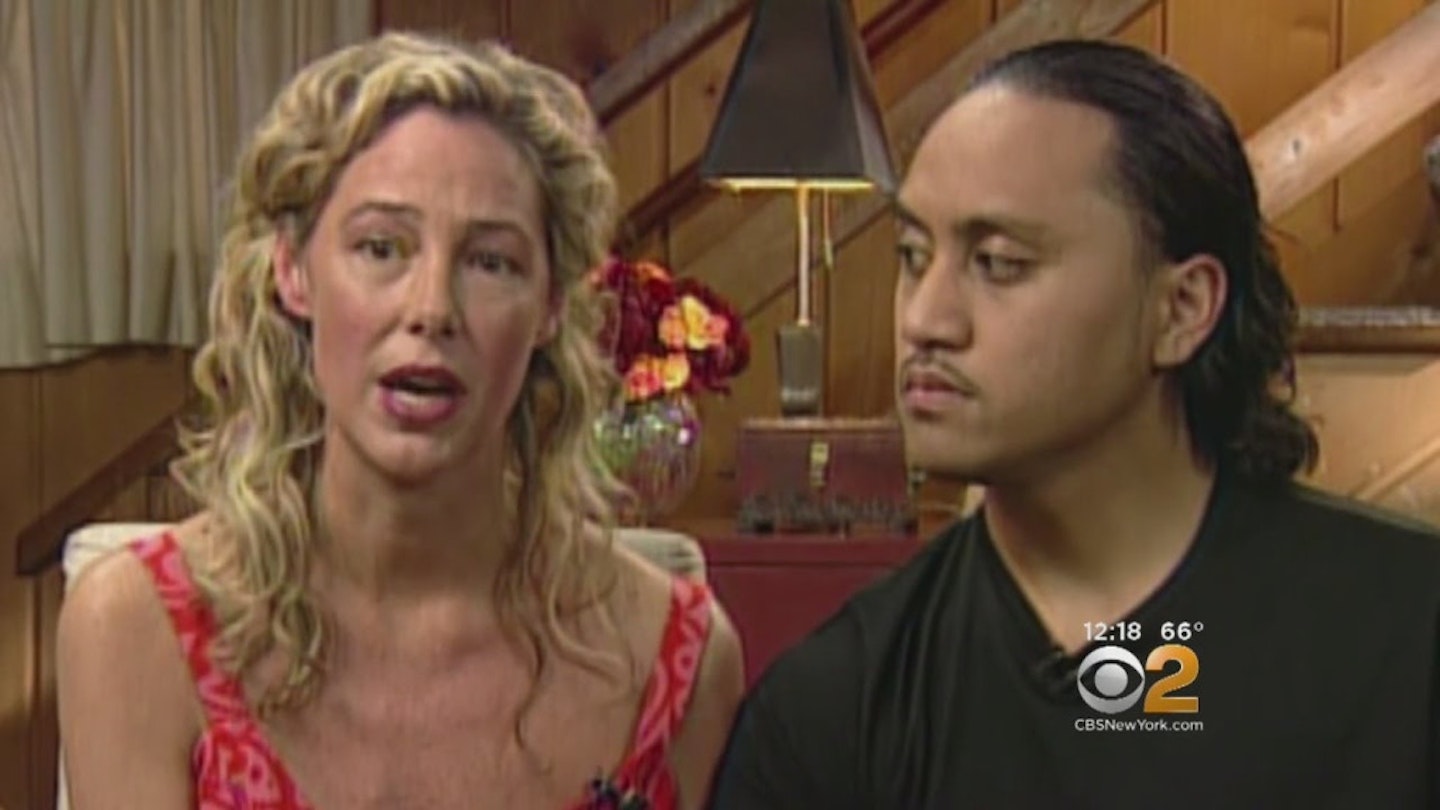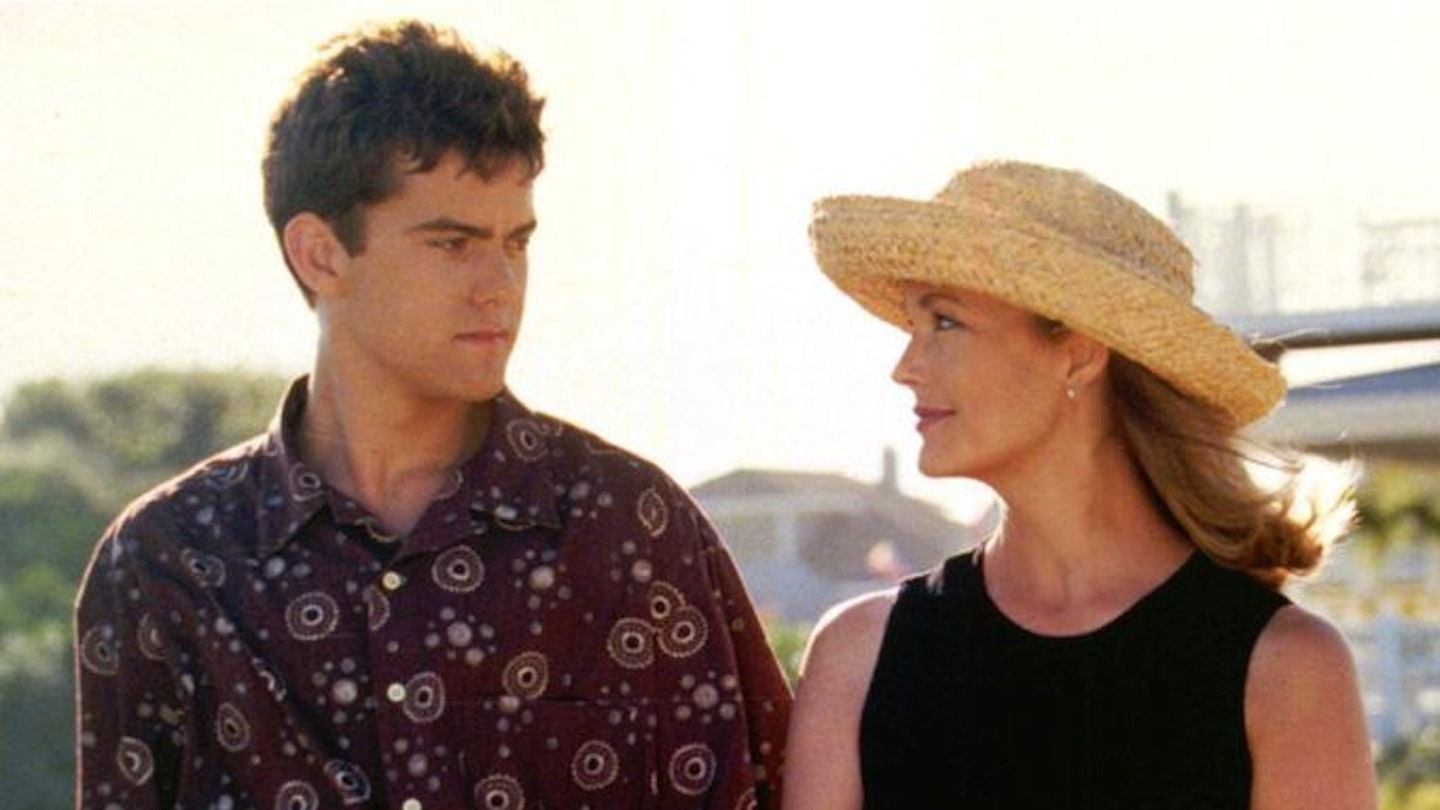This week, as she died of cancer, the name Mary Kay Letourneau is back in worldwide news - she's the Seattle teacher who was convicted in 1997 of raping a 13-year-old student, Vili Fualaau, who she later married.
Letourneau, who was 58, was surrounded by her family including Fualaau, her former student and ex-husband, who who cared for her in the last month of her life.
Letourneau pleaded guilty to raping 13-year-old Fualaau when she was 34. She gave birth to Fualaau's child before she served seven years in prison on charges related to the rape. The couple later had a second child. They married in 2005 soon after she was released from prison, but Fualaau filed for legal separation in 2017 just before their 12- year anniversary.
Whenever a story about a teacher/pupil affair makes headlines, conversations spiral on to other stories – friends of friends who had an affair with their teacher; old crushes and embarrassing notes sent; urban legends at schools that still remain today; people bumping into teachers years after finishing school at their hometown nightclub.
The obsession spills over into pop culture time and again – from teen shows like Pretty Little Liars and Dawson’s Creek (Pacey Witter and Tamara Jacobs rocked everyone’s 90s world) to books like Notes on a Scandal, Lisa Taddeo’s hugely successful Three Women and the ever-so-eagerly anticipated My Dark Vanessa later this year. Podcasts, where true crime thrives, are of course also obsessed – Teacher’s Pet being the most obvious and popular example.

The real-life cases consistently spike our interest – thousands of court cases pass through the justice system every day, but stories where teachers have illegally had relationships with pupils seem to always make top billing. I still remember the media fervour around the case of Jeremy Forrest, who triggered an international man hunt in 2012 when he ran away with a pupil – and was then jailed for child sex and abduction. In 2017, the girl did a series of interviews that again made front page headlines.
So, why are we so obsessed with reading about teacher and pupil affairs? Women are known to be obsessed with true crime, but this seems more specific. And often these cases are, put simply, paedophilia - something we all feel uncomfortable with and would often turn away from when it comes to consuming news and popular culture. But it's the salaciousness and entertainment we all seem to get out of these teacher crimes that is particularly odd when you think about it.
‘There are so many elements to it,’ true crime fan Bayley* told me. ‘There’s always that one teacher at your school who was rumoured to be having it off with a pupil and it was all accepted as actual fact. So, when it actually happens and you read about it in the news, it takes you back to all that gossip, but also to that schoolgirl fantasy you might’ve had about snogging a teacher. But then you also (if you didn’t) get to have that extra relief that you didn’t end up being that girl. There’s always lots of embarrassing details too, that you can cringe at now, but also relate to – like notes, or really badly written messages.’

Psychotherapist Lucy Fuller says that instant relatability has a lot to do with our intrigue. ‘There is something about having been exposed to the pupil/teacher relationship when we were in school,’ she explains. ‘When we think back to our school days, our favourite teachers are the ones we really felt we could relate to, the ones we felt attuned to. The teachers who "got" us and accepted us for who we were, regardless of our academic ability. There is a comparison here with the good relationships we make with people who go on to become our partners, and so there are inevitable fantasies about the relationship crossing into that boundary. When we read about it in the news we are presented with someone who did just that.’
So, in some ways, for many of us, it’s one of the few crimes we can imagine happening to us, or know of someone it happened to. ‘The teacher/pupil relationship is taboo,’ says Fuller. ‘Illegal of course if the student is under 18. We are always fascinated to read about the forbidden and the characters that are prepared to cross the boundary of the unspoken and inappropriate relationship. What kind of person would do this? And what would drive them to it?’
It’s difficult to say if the amount of attention and news coverage that teacher/pupil affairs get is proportional to that of other crimes – or proportional to the amount of crimes that really happen, because, as a BBC News article in 2013 noted, it’s almost impossible to know how many take place. Between 1991 and 2008, a total of 129 teachers were prosecuted for relationships with pupils. But a 2007 YouGov survey of 2,200 adults found that one in six people knew of someone who had an ‘intimate relationship’ with a teacher while at school. Those two numbers can’t live alongside each other. To me personally, it just says the prosecutions don’t match the experiences - in just one WhatsApp group I’m in, three out of five of us knew of someone who had had some kind of inappropriate relationship with a teacher.
We are always fascinated to read about the forbidden and the characters that are prepared to cross the boundary of the unspoken and inappropriate relationship.
Any kind of sexual relationship with a pupil under the age of 18 is against the law since the Sexual Offences (Amendment) Act 2000 came into force in January 2001, even if the relationship is consensual. This applies where the child is in full-time education and the person works in the same place as the child, even if the person does not teach that child.
In many ways, that law could not be clearer. But maybe the reason lots of women are fascinated by the topic is the role of consent. The law is black and white – it doesn’t matter. But in the stories most of us know, the then-pupils think it does. The person I knew, for instance, talked about her ‘ex’, not her abuser. There’s also the way the view of what happened can change over time. The things that happened to us in our youth can be viewed differently as we age – we become less certain of the way we felt, or, really, more understanding of what was happening to us. This is keenly studied inTaddeo’s book, Three Women. It’s also set to become dinner party debate again in late March, when Kate Elizabeth Russell’s My Dark Vanessa is released. The book tells the story of the titular Vanessa, who is forced to address just that, 17 years after her affair with a teacher – is it possible she wasn’t in love, but a victim?
Fuller adds that women might just seem more interested in the topic because they’re more likely to share stories and talk about their feelings, but she adds another motivation. ‘In the post #metoo era, women are extra vigilant to calling out abuse and here is an example of grooming and abuse in a situation where teachers hold the boundaries in their relationships with pupils. Women are curious about the why and how and feel a need to understand how such a thing could happen.’
Documents uncovered by The Independent in 2017 found that cases where teachers were handed prohibition orders because of sexual misconduct were on the rise – there were 42 in 2016-17, up from 31 the previous year. Is it likely that there’s a rise in these crimes – or just that more are being reported? Hopefully it’s the latter and that young people who are being abused are feeling more empowered to speak out.
Because just as we’ve all come to terms with the fact that our true crime and murder podcast obsession has consequences for victims and families, it’s also important to remember the same for these victims – perhaps more so given their age and vulnerability.
Asked if our fascination – and near-fetishisation – of teacher/pupil affairs is triggering or dangerous, Fuller concludes, ‘Awareness and knowledge can only be a good thing. Hopefully it will empower all students, female and male, to understand the wrong that is being done and to call a teacher out if their behaviour feels unsafe.’
*Not her real name
READ MORE: 'It Took Me Three Years To Realise I'd Been Abused By A Paedophile'
READ MORE: 12-Year-Old Could Face Charges After Paedophile Coerced Her Into Sending Topless Photo
